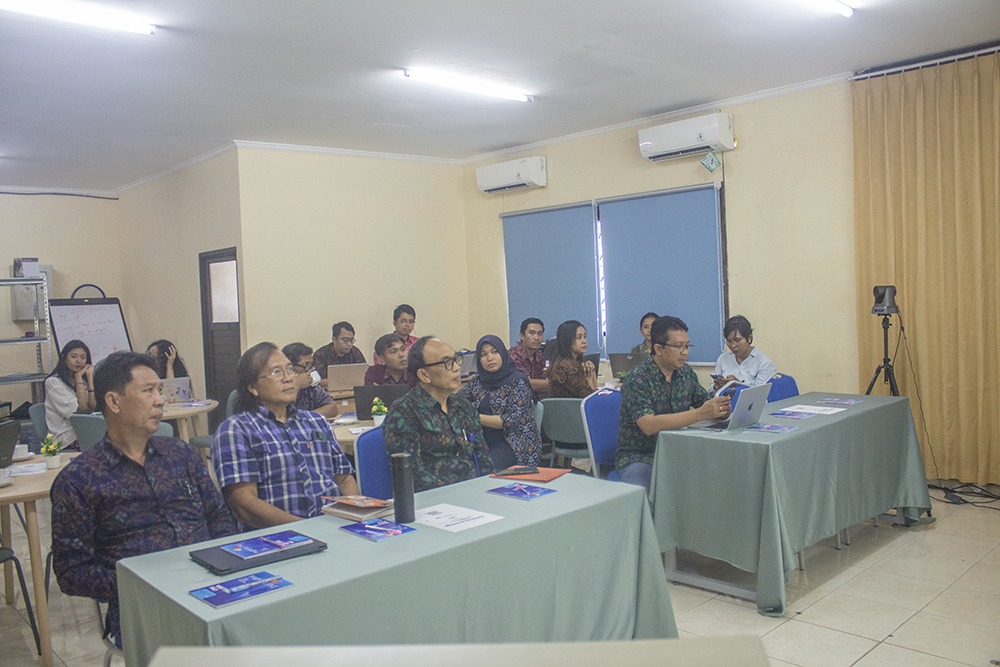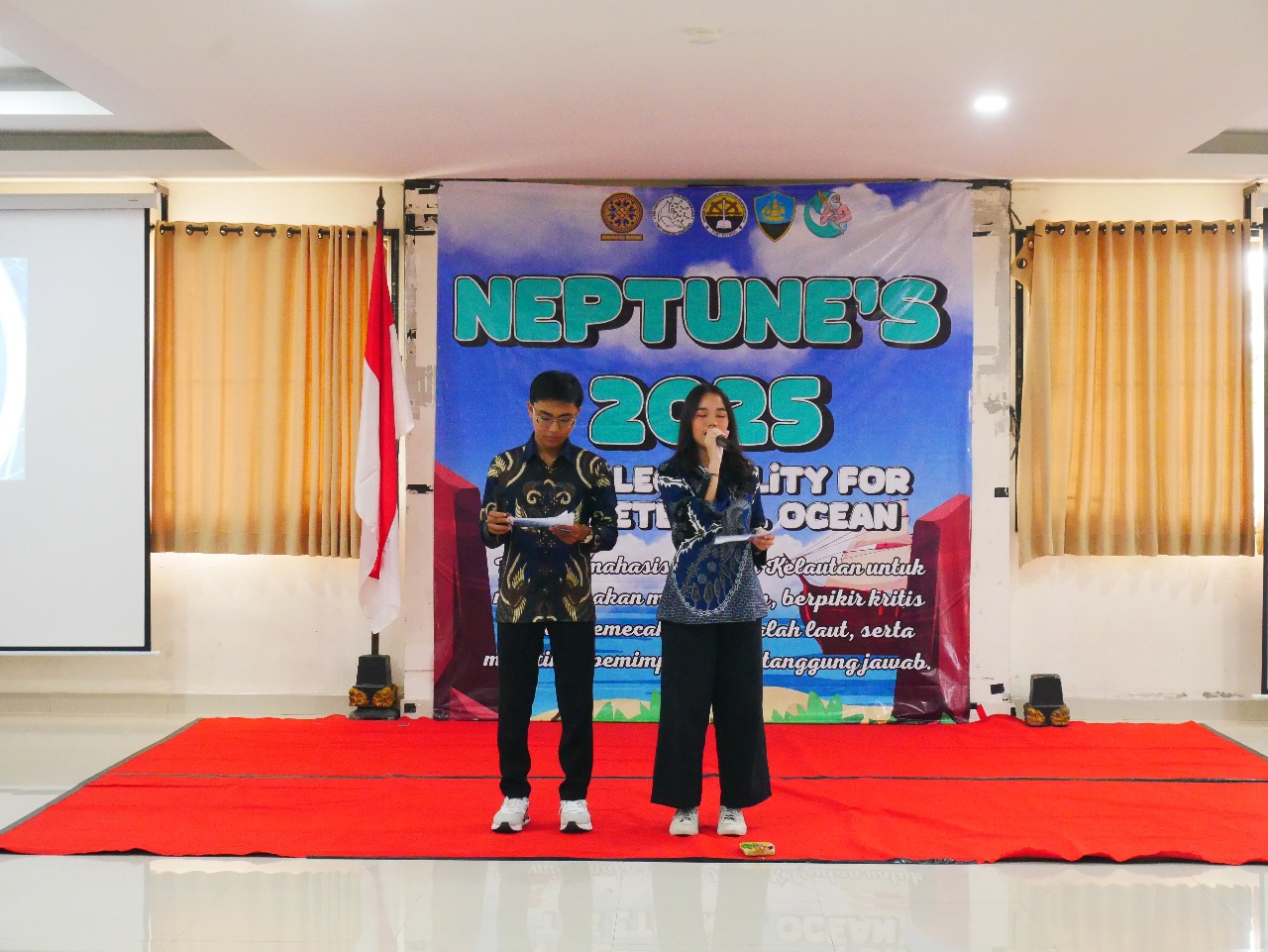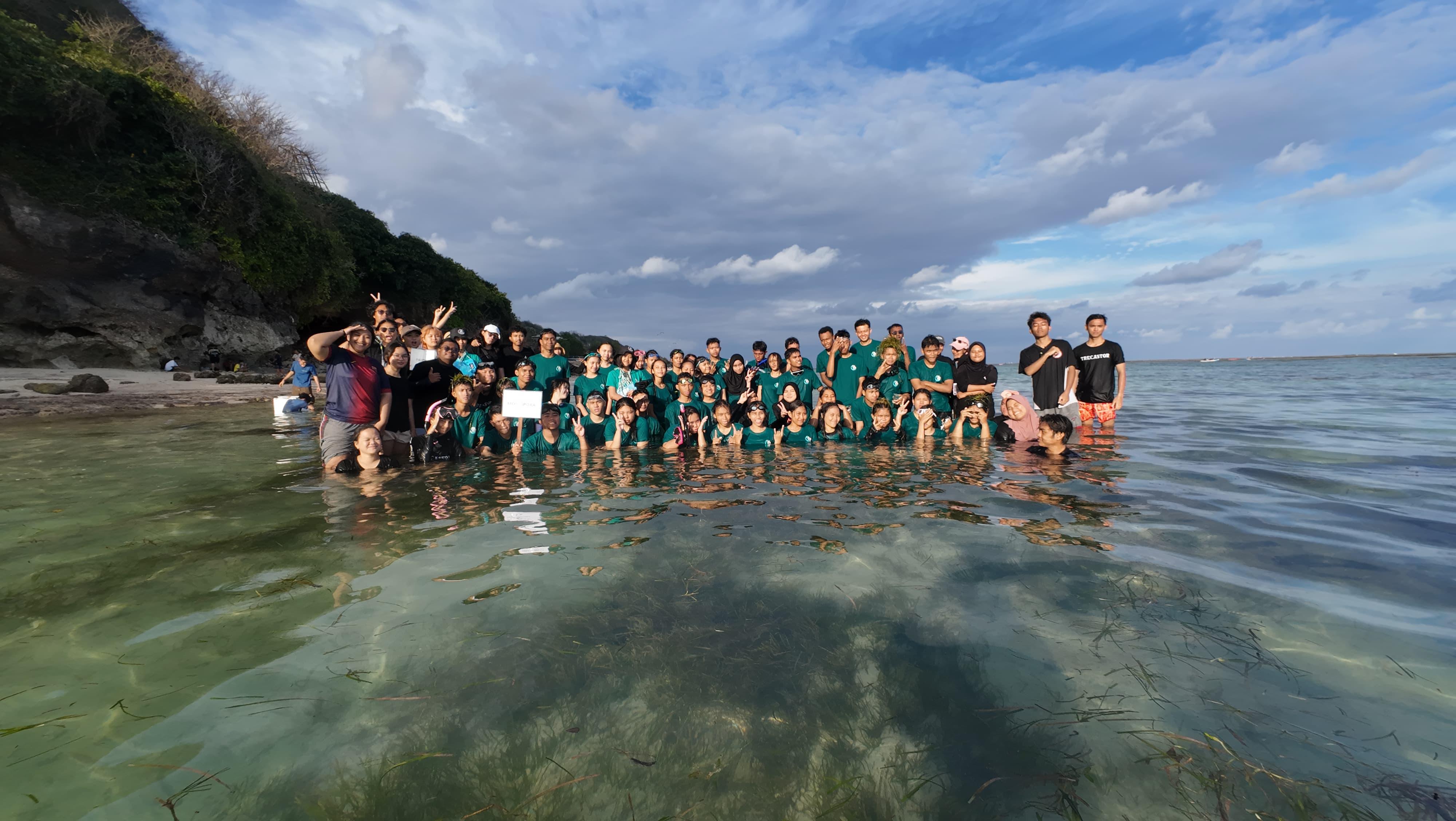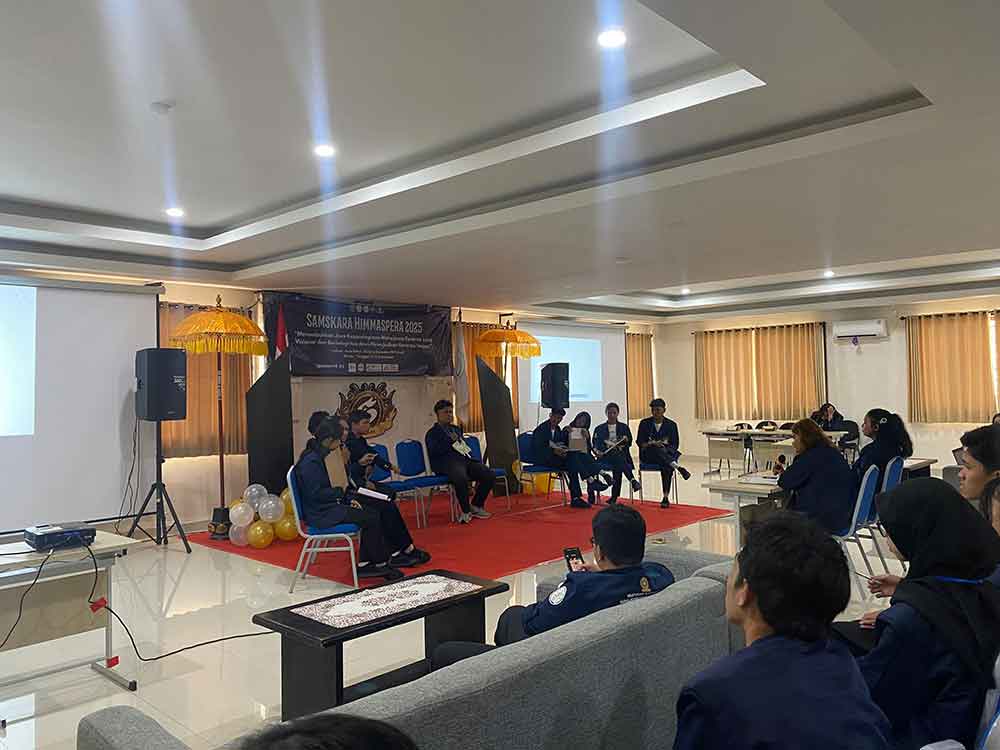Multi-Stakeholder Synergy: Concrete Steps Toward Sustainable Marine and Fisheries Development in Bali
The Focus Group Discussion (FGD) organized by the Faculty of Marine and Fisheries (FKP) at Udayana University (Unud) on September 2, 2025, marked a significant milestone for stakeholders in Bali. The event brought together representatives from government, academia, NGOs, and industry players to formulate innovative and sustainable solutions for the marine and fisheries (MF) sector in Bali.
The session opened with remarks from the Dean of FKP Unud, who emphasized the vital role of the marine and fisheries sector as a source of food, employment, and support for tourism. However, the sector also faces pressing challenges such as environmental degradation, climate change, and fishermen’s welfare. FKP Unud reaffirmed its commitment to providing research and human resources to address these issues.
Expert Presentations
Several key speakers shared insights on issues and opportunities:
-
Dr. I Ketut Sudiarta (Bali Provincial Expert Group on Marine and Fisheries) highlighted the need to revive the collaborative forum Mitra Bahari to support regional marine and fisheries management. He also underscored Bali’s vast marine economic potential, including fisheries, marine industries, ornamental fish exports, oil and gas resources, and the salt industry.
-
drh. I Made Iwan Dewantama, M.Si (NGO Abdi Bumi) stressed the importance of synergy to address concerns about Bali’s future. He proposed several solutions, such as establishing a centralized data mapping system for MF resources, positioning Bali as a model for small-island resilience, and implementing Integrated Coastal Management (ICM) to resolve spatial conflicts. He also pointed out the ecological threats posed by offshore oil and gas exploration to dolphins, whales, and lemuru fish habitats.
-
Dr. I Gede Hendrawan, S.Si., M.Si., Ph.D. (FKP Unud) discussed challenges such as marine plastic waste that endangers species like manta rays and coral reefs. He also addressed capture fisheries issues, including fluctuating catches of lemuru and tuna, and the prevalence of illegal fishing.
The FGD outlined several pressing challenges in Bali’s MF sector:
-
Negative Impacts of Resource Exploitation: Spatial violations, environmental damage from coastal development, and pollution from waste disposal. Overtourism and overfishing were also highlighted.
-
Marine Debris: Poor waste management on land contributes to widespread plastic pollution across Bali’s waters. This includes marine debris from external sources, along with domestic waste and chemical fertilizers that threaten coral reef productivity.
-
Fisheries and Aquaculture Challenges: Fishermen are forced to go farther offshore due to overfishing, while declining catch quality is linked to limited storage facilities. In aquaculture, technical knowledge and marketing remain major barriers.
To address these issues, participants proposed several strategies:
-
Institutional Strengthening: Reviving the Mitra Bahari program with Unud as the facilitator of multi-stakeholder communication. Strengthening the role of bendega (traditional fishing communities) as entities with cultural and economic value.
-
Data and Research: Establishing a centralized data system, such as through Unud’s PPIDS, to map MF resources and ensure policy-making is based on accurate research and evidence.
-
Education and Awareness: Promoting early education about marine ecosystems through partnerships with elementary schools and using visual media like virtual reality.
-
Conservation and Regulation: Enforcing tourism regulations, including codes of conduct for tour vessels, and implementing Conservation Service Payments to support protected areas.
-
Waste Management: Encouraging waste segregation at the source and providing incentives for community participation.
-
Modern Fisheries: Supporting fishermen to form cooperatives, fostering a new generation of millennial fishermen, and utilizing knowledge-based tools to predict fishing grounds.
This FGD represents just the beginning. More thematic follow-up meetings will be held to discuss specific challenges and solutions in greater detail. The synergy between government, academia, and local communities is expected to spark meaningful change, paving the way for a sustainable future for Bali’s marine and fisheries sector.




UDAYANA UNIVERSITY